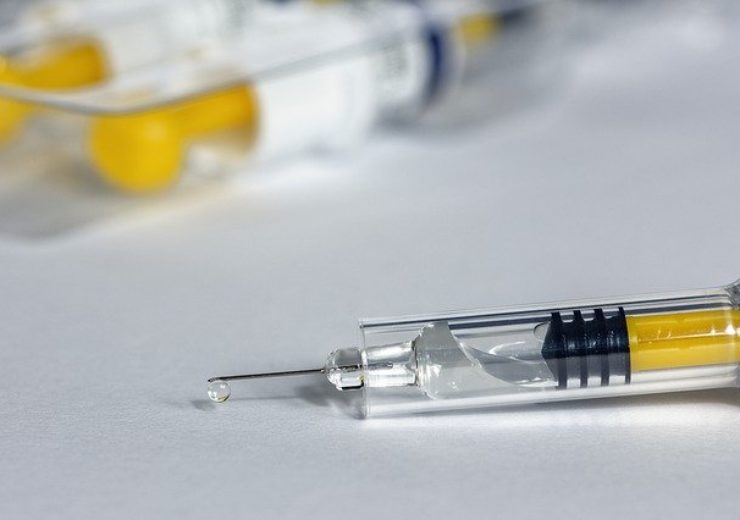Moderna’s new mRNA-1273 is an mRNA vaccine that works against SARS-CoV-2 encoding for a prefusion stabilized form of the Spike (S) protein

Moderna seeks FDA approval for Phase 2 study of its mRNA vaccine. (Credit: Willfried Wende from Pixabay.)
Moderna, a provider of mRNA therapeutics and vaccines, has filed an Investigational New Drug (IND) application with the US Food and Drug Administration (FDA) for its mRNA vaccine candidate (mRNA-1273) against the novel coronavirus (SARS-CoV-2).
The new mRNA-1273 is an mRNA vaccine that works against SARS-CoV-2 encoding for a prefusion stabilized form of the Spike (S) protein.
Moderna has selected the vaccine in collaboration with investigators from Vaccine Research Center (VRC) at the National Institute of Allergy and Infectious Diseases (NIAID), a part of the NIH.
Moderna chief medical officer Tal Zaks said: “Submitting this IND is an important next step in the clinical development of our mRNA vaccine against SARS-CoV-2, and we are moving rapidly to potentially address this global health emergency.
“We look forward to launching this Phase 2 study as soon as possible, which will provide important information about the safety, reactogenicity and immunogenicity of mRNA-1273.”
Moderna secured funding from the BARDA for the Phase 2 study of mRNA vaccine
The new mRNA vaccine candidate will be evaluated in Phase 2 and late-stage studies, led by the National Institute of Allergy and Infectious Diseases (NIAID), part of the National Institutes of Health.
Moderna said that the US regulatory agency has given the initial feedback on the design of the planned Phase 2 study, which is anticipated to start in the second quarter of 2020.
The clinical study is aimed at evaluating the safety, reactogenicity and immunogenicity of two vaccinations of mRNA-1273, administered 28 days apart. The company will enrol 600 participants across two cohorts of adults, aged between 18 to 55 years and older adults aged 55 years and above.
Each subject will be assigned to receive placebo, a 50μg or a 250μg dose at both vaccinations and the participants in the study will be followed through 12 months after the second vaccination.
The company has secured funding from the biomedical advanced research and development authority (BARDA).
BARDA is expected to support the company in planning for studies and also the late-stage clinical development programs, along with the scale-up of mRNA-1273 manufacturing.
BARDA Acting Director Gary Disbrow said: “Safe, effective vaccines are critical to ending this pandemic and preventing future outbreaks of SARS-COV-2.
“The next steps announced today for this particular vaccine highlight the value of collaboration among government agencies including BARDA and NIAID, and the private sector, to move vaccines and other medical countermeasures forward as rapidly as possible.”
